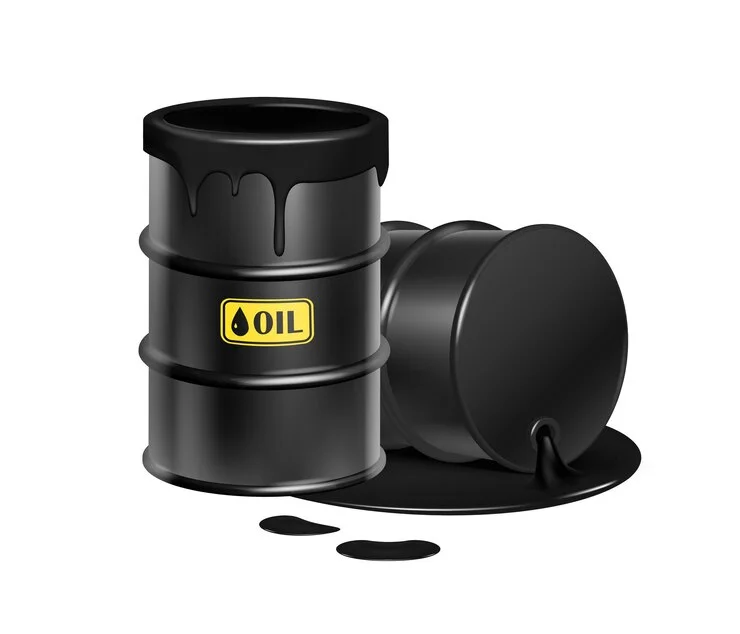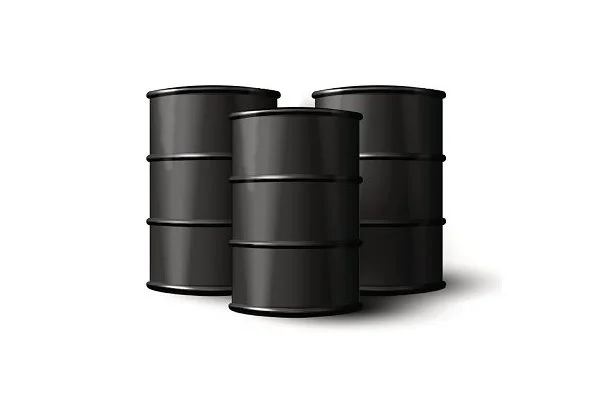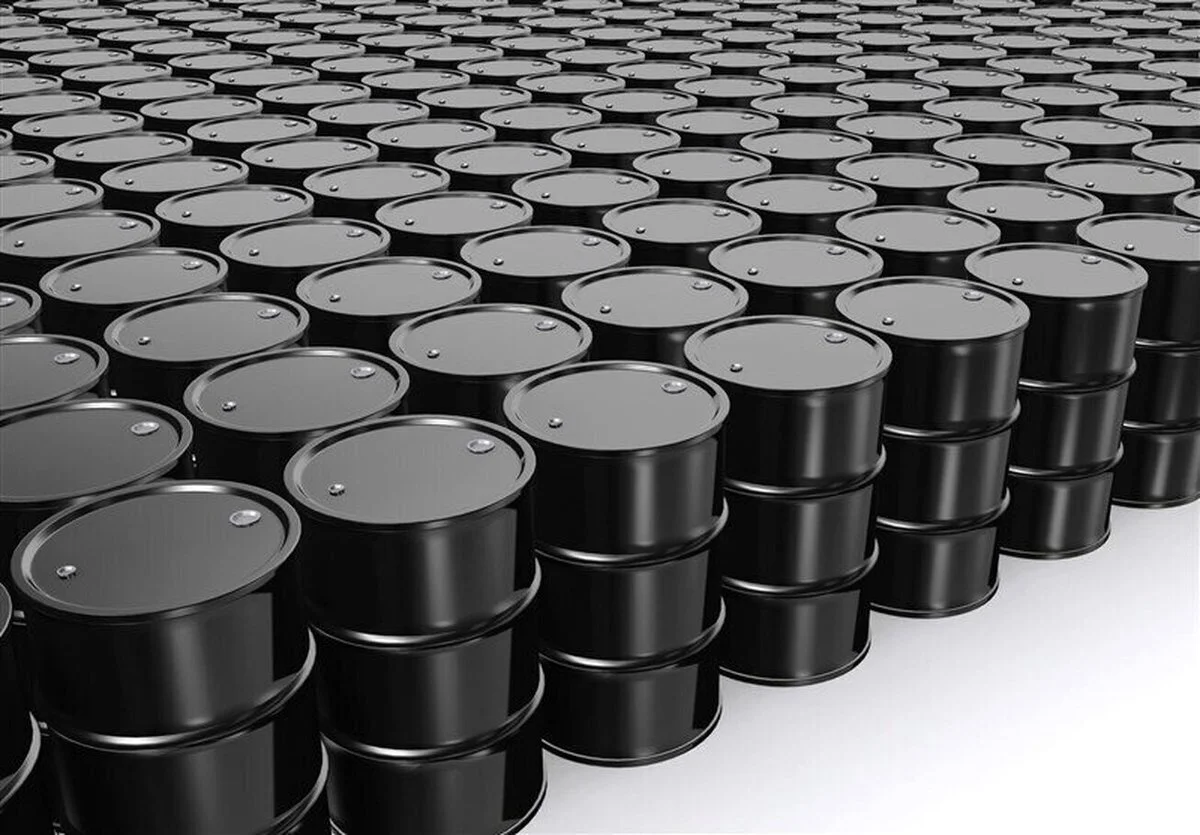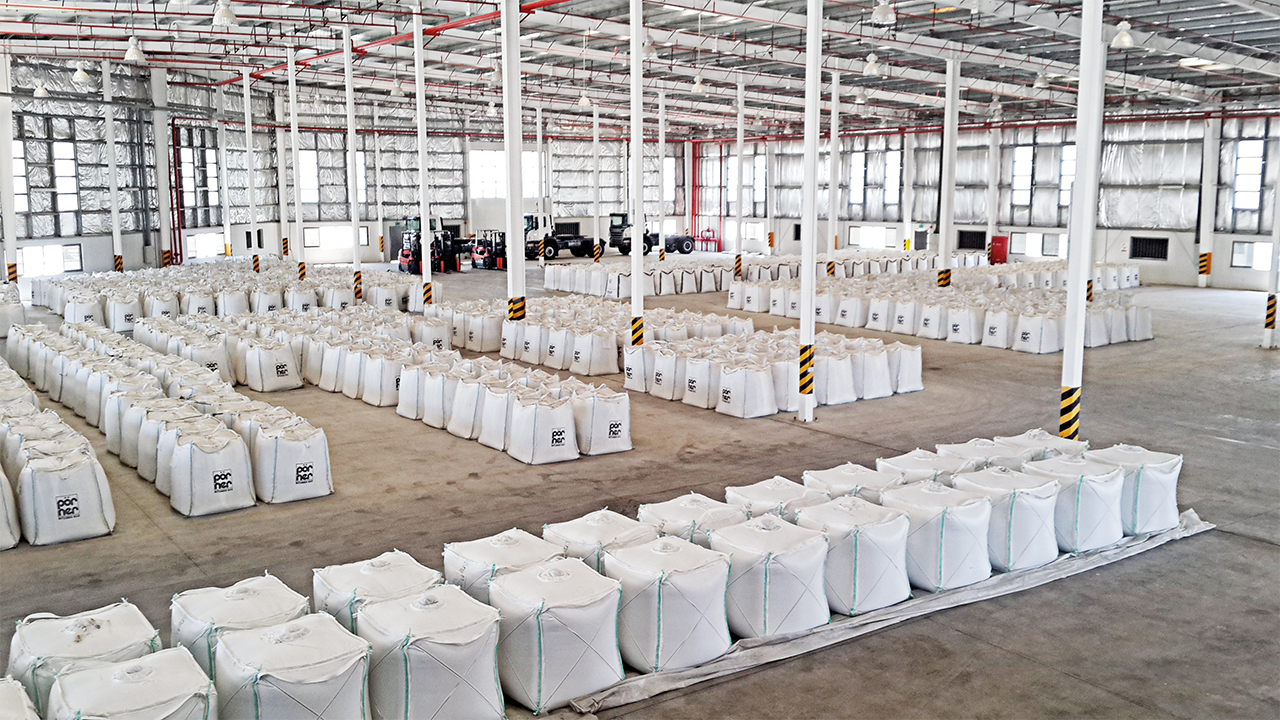Buying Barrel Bitumen
Purchase of barreled bitumen and its safe shipment worldwide via land and sea routes with high safety in the Silk Fleet cargo
Bitumen, This Vital and Versatile Material
Bitumen, this vital and versatile material, has played an indispensable role in the development of infrastructure, the construction industry, and many other industries from ancient times to the present. From winding roads to roofs resistant to rain and moisture, the presence of this sticky and powerful material can be seen everywhere. Among the various forms of bitumen packaging, barrel bitumen has become one of the most common and popular options for buyers in different volumes due to its ease of transport, storage, and high accessibility.
But is buying barrel bitumen as simple as picking a product off a store shelf?
Absolutely not. The bitumen market has its own complexities and subtleties that, if unfamiliar with, can lead to serious challenges. From determining the quality of bitumen and choosing the right type for your project, to ensuring the credibility of the supplier and observing safety tips, each stage requires extensive knowledge and precision.
Our goal at silk Fleet is to provide a comprehensive and practical guide for buying barrel bitumen so that you, whether a large contractor or an individual intending to waterproof your home's roof, can confidently and fully informed make the best decision for your bitumen purchase. Below, we will examine all aspects, from the nature of bitumen and its types to key points before purchase, transportation and storage processes, and safety considerations. Stay with us to experience a successful barrel bitumen purchase.
What is Barrel Bitumen?
Before delving into the details of purchasing, it's essential to have a clear understanding of the nature of barrel bitumen and the reasons for its popularity.
What is Bitumen?
Bitumen is a black, sticky, and highly viscous hydrocarbon material primarily produced as a residue from crude oil distillation in refineries. This material is widely used due to its excellent adhesive properties, water resistance, and flexibility.
What does "Barrel Bitumen" mean?
Barrel bitumen refers to bitumen packaged in standard metal drums (usually with a net weight of 175 to 185 kilograms). These barrels are typically made of steel sheets and are designed for easier transport and storage of bitumen.
Order Barrel Bitumen
Advantages of Choosing Barrel Bitumen
Easy Transportation and Handling: Bitumen barrels can be easily loaded and unloaded with a forklift or even manually. This feature is a significant advantage, especially for small to medium-sized projects or areas with difficult access.
Optimal Storage: Barrel bitumen can be easily stored in warehouses and open spaces. The barrels protect the bitumen from environmental factors and reduce the risk of contamination or evaporation.
High Accessibility: Due to high demand, barrel bitumen is widely available in the market, and its supply is usually faster than other packaging methods.
Consumption Control and Waste Reduction: Barrel packaging allows for more precise control over bitumen consumption. Each barrel can be opened separately and used in the required amount, which leads to reduced waste and increased efficiency.
Cost-Effectiveness for Specific Volumes:Compared to buying bulk bitumen (which requires special tanks and equipment) or small packed bitumen, buying barrel bitumen can be much more economical for medium and even large volumes. It has lower maintenance costs and initial investment compared to bulk bitumen.
More Stable Quality: Due to sealed packaging, barrel bitumen is less exposed to air and moisture, which helps maintain its quality and original properties in the long run.
Given these advantages, choosing barrel bitumen can be a smart decision for many projects and applications, but it's important to also thoroughly understand the key points for buying and using it.

Understanding Bitumen Types and Their Applications
Choosing the correct type of bitumen for your project is of paramount importance. Using unsuitable bitumen can lead to a reduced lifespan of the structure, increased costs, and inadequate performance. Understanding the types of bitumen and their applications is the first step in buying barrel bitumen.
1. Precise Determination of Needs and Technical Specifications
Project Type: What do you need bitumen for? (Road construction, roof insulation, asphalt production, crack sealing, etc.)
Required Bitumen Type: Based on the application, specify the appropriate bitumen type (60/70, 85/100, blown bitumen, etc.). This is the most crucial factor.
Bitumen Volume: Estimate your exact required volume to get the best price and shipping conditions.
Weather Conditions: The weather of the project area is very important in choosing the penetration grade of bitumen (for asphalt) or softening point (for insulation). The bitumen must be able to withstand temperature fluctuations in the region.
Standards: Ensure your chosen bitumen complies with national standards (such as ISIRI) or international standards (such as ASTM or EN). In Iran, the Iranian National Standard (ISIRI) exists for all types of bitumen.
2. Quality and Authenticity Check of Bitumen
Certificates and Bitumen Analysis (Technical Data Sheet - TDS): Any reputable supplier should be able to provide you with the Technical Data Sheet (TDS) for the bitumen. This sheet includes all physical and chemical parameters of the bitumen (softening point, penetration grade, ductility, flash point, etc.). Compare this sheet with your required standards.
Laboratory and Inspection: When buying in large volumes, it's recommended to have a sample of the bitumen tested by a reputable laboratory before loading. You can also use third-party inspection companies to monitor the production and loading process.
Physical Appearance of Bitumen: If possible, inspect the barrels closely. Quality bitumen should have a uniform appearance, no visible impurities, and no unusual odor (other than the natural smell of bitumen).
3. Choosing a Reputable and Reliable Supplier
History and Reputation: Look for suppliers with an excellent track record in the bitumen industry. Checking customer reviews, previous projects, and collaborations with reputable companies can help you.
Licenses and Permits: Ensure the supplier has all necessary licenses for producing and selling bitumen.
Supply Capability: Make sure the supplier can provide the required volume within the specified timeframe.
Transparency in Information: A reputable supplier should be completely transparent in providing information regarding price, technical specifications, and payment terms.
After-Sales Service and Support: If a problem arises, will the supplier be responsive? This is more important for large purchases.
Competitive Price: The price of barrel bitumen should be reasonable and competitive, but never sacrifice quality for a low price.
4. Checking the Condition of the Barrels
Physical Integrity of Barrels: Before loading, inspect the barrels for any holes, tears, severe rust, or damage. Damaged barrels can lead to bitumen leakage and financial loss.
Weight of Barrels: Be aware of the net and gross weight of the barrels. Typically, the net weight of bitumen per barrel is 175 or 185 kilograms. Some suppliers may offer lighter or heavier barrels, which should be noted.
Sealing and Labeling: Ensure the barrels have intact seals and clear information labels containing the bitumen type, weight, production date, and manufacturer's name.
By following these tips, you can take a significant step towards a successful and reliable barrel bitumen purchase.

Purchasing, Transportation, and Storage Process
After initial checks and selecting a suitable supplier, it's time for the practical steps of buying barrel bitumen. These steps also require precision and planning, which we will cover in detail.
1. Price Inquiry and Comparison
Obtain Proforma Invoice: Get Proforma Invoices from several reputable suppliers.
Review Price Details: Carefully examine the unit price of bitumen, transportation costs, taxes, and other incidental expenses. Sometimes a lower price from one supplier is offset by high incidental costs.
Payment Terms: Negotiate payment terms (cash, installments, down payment) with the supplier.
Daily Bitumen Price: The price of bitumen fluctuates depending on global oil market trends and exchange rates. Be aware of the daily bitumen price to choose the best time to buy.
2. Drafting the Purchase Contract
Importance of Contract: For large volume purchases, drafting a formal contract between the buyer and supplier is essential. This contract protects the rights of both parties.
Contract Provisions: The contract should include the following details:
Exact specifications of the bitumen (type, grade, standards)
Exact volume of bitumen (number of barrels and net weight)
Unit price and total price, along with tax and additional cost details
Payment terms and schedule
Delivery time and location
Bitumen inspection and acceptance conditions
Conditions related to transportation and insurance (if needed)
Warranty and supplier responsibilities
Contract termination and dispute resolution conditions
3. Transportation of Barrel Bitumen
Suitable Vehicles: Barrel bitumen should be transported by covered or flatbed trucks equipped with proper restraints to prevent barrels from falling and getting damaged.
Proper Arrangement: Barrels must be safely and stably arranged in the truck to prevent movement during transit.
Safety in Transportation: The driver must be aware of safety regulations for transporting hazardous materials.
Cargo Insurance: For large volume purchases, insuring the bitumen cargo against potential accidents during transit is recommended.
4. Proper Storage of Barrel Bitumen
Storage Location: Barrel bitumen should be stored in a cool, dry place away from direct sunlight. Prolonged exposure to sunlight can cause oxidation and alteration of bitumen properties.
Ventilation: The storage area should have adequate ventilation to prevent the accumulation of bitumen fumes.
Temperature: The optimal temperature for storing barrel bitumen is usually below 45 degrees Celsius. High temperatures can cause bitumen to soften and barrels to deform.
Arrangement: Barrels can be stored horizontally (on suitable supports to prevent rolling) or vertically (in multiple rows). If stacking vertically, ensure barrels are properly secured to prevent them from falling.
Distance from Flammable Materials: Bitumen is a flammable material, so it should be stored at a safe distance from any heat source, open flame, or flammable materials.
Storage Duration: Although bitumen has a long shelf life, it's best to use it within a reasonable period (e.g., 6 months to 1 year) after production to prevent changes in its properties.

Safety Considerations When Working with Barrel Bitumen
Working with bitumen, especially in its hot state, carries specific risks. Adhering to safety tips is crucial not only for protecting lives and health but also for preventing financial losses and project stoppages.
1. Personal Protective Equipment (PPE)
Appropriate Workwear: Long-sleeved shirts and thick pants to prevent splashes of hot bitumen.
Heat-Resistant Gloves: Leather or heat-resistant gloves for working with barrels and hot tools.
Safety Glasses or Face Shield: To protect eyes and face from bitumen splashes.
Safety Helmet: To protect the head from impact.
Safety Footwear: With puncture-resistant soles and steel toes.
Respiratory Mask: If bitumen fumes are present in enclosed spaces or with inadequate ventilation.
2. Melting and Heating Bitumen
Use Appropriate Equipment: Barrel bitumen should be melted in standard bitumen melting kettles equipped with thermostats and temperature control systems. Never use direct flame or non-standard equipment to melt bitumen.
Temperature Control: Do not overheat the bitumen. The melting temperature of bitumen varies depending on its type (usually between 140 to 180 degrees Celsius for road construction bitumen). Overheating can alter bitumen properties and produce toxic fumes.
Adequate Ventilation: The bitumen melting area should have sufficient ventilation to direct bitumen fumes outdoors. In enclosed spaces, using powerful exhaust fans is essential.
Presence of Responsible Person: A responsible person must be present at the site throughout the bitumen melting process.
Keep Water Away: Never add water to hot bitumen, as it can lead to an explosion and splashing of hot bitumen.
3. Actions in Case of an Incident
Hot Bitumen Burns: In case of contact with hot bitumen, never try to peel the bitumen off the skin. Immediately wash the burned area with cool water for a long period (at least 15 to 20 minutes) and then promptly seek medical attention.
Bitumen Fire: For small fires, CO2 or powder fire extinguishers can be used. Never use water to extinguish a bitumen fire. In case of a widespread fire, immediately contact the fire department.
Fire Extinguishing Equipment: Appropriate fire extinguishers and fire blankets should be accessible and near the bitumen work area.
By strictly adhering to these safety tips, the risks associated with working with barrel bitumen can be minimized, and a safe working environment can be provided.
At Silk Fleet, by meticulously performing all the above steps, we make buying easy and convenient for you, ensuring your cargo reaches its destination safely.
Order Barrel Bitumen
June 1, 2025, 4:02 p.m.
In today’s dynamic landscape of global trade, speed, accuracy, and reliability are the pillars of success. At Kala Navgan Abrisham, we leverage decades of experience, technical expertise, and an expansive international network to create seamless connections between producers and global markets. Through our blog, we bring you the latest developments, market insights, and practical strategies in international logistics and trade. Stay informed — stay ahead.





